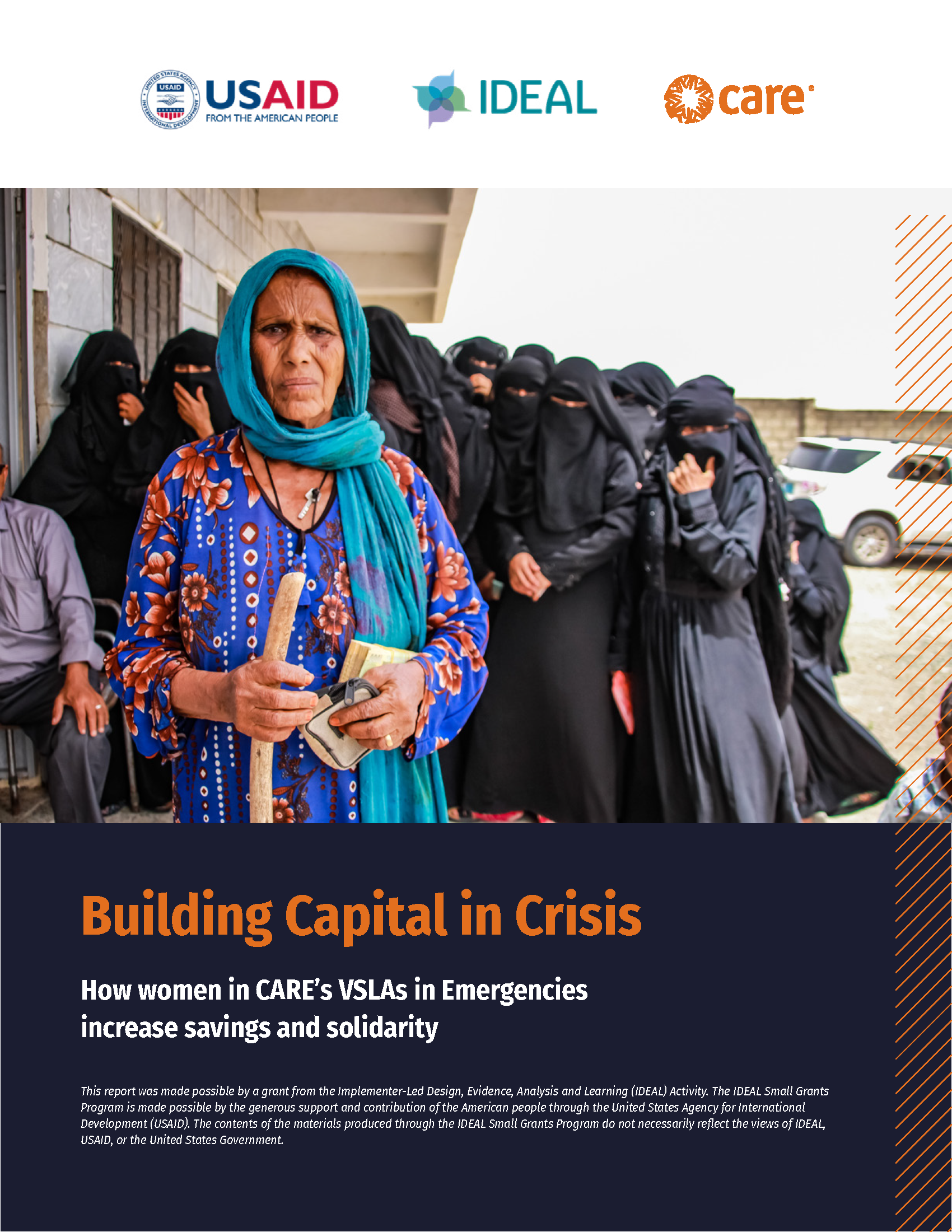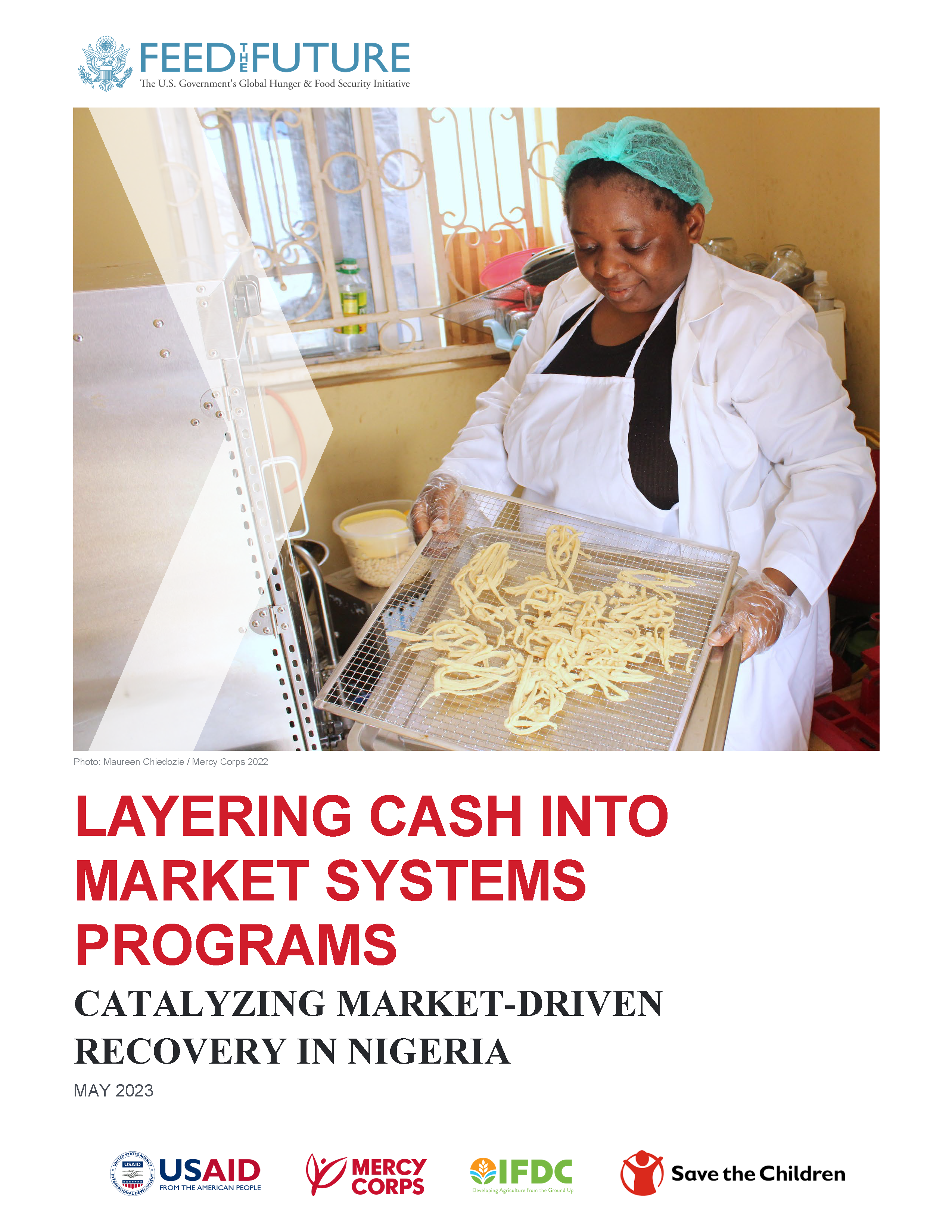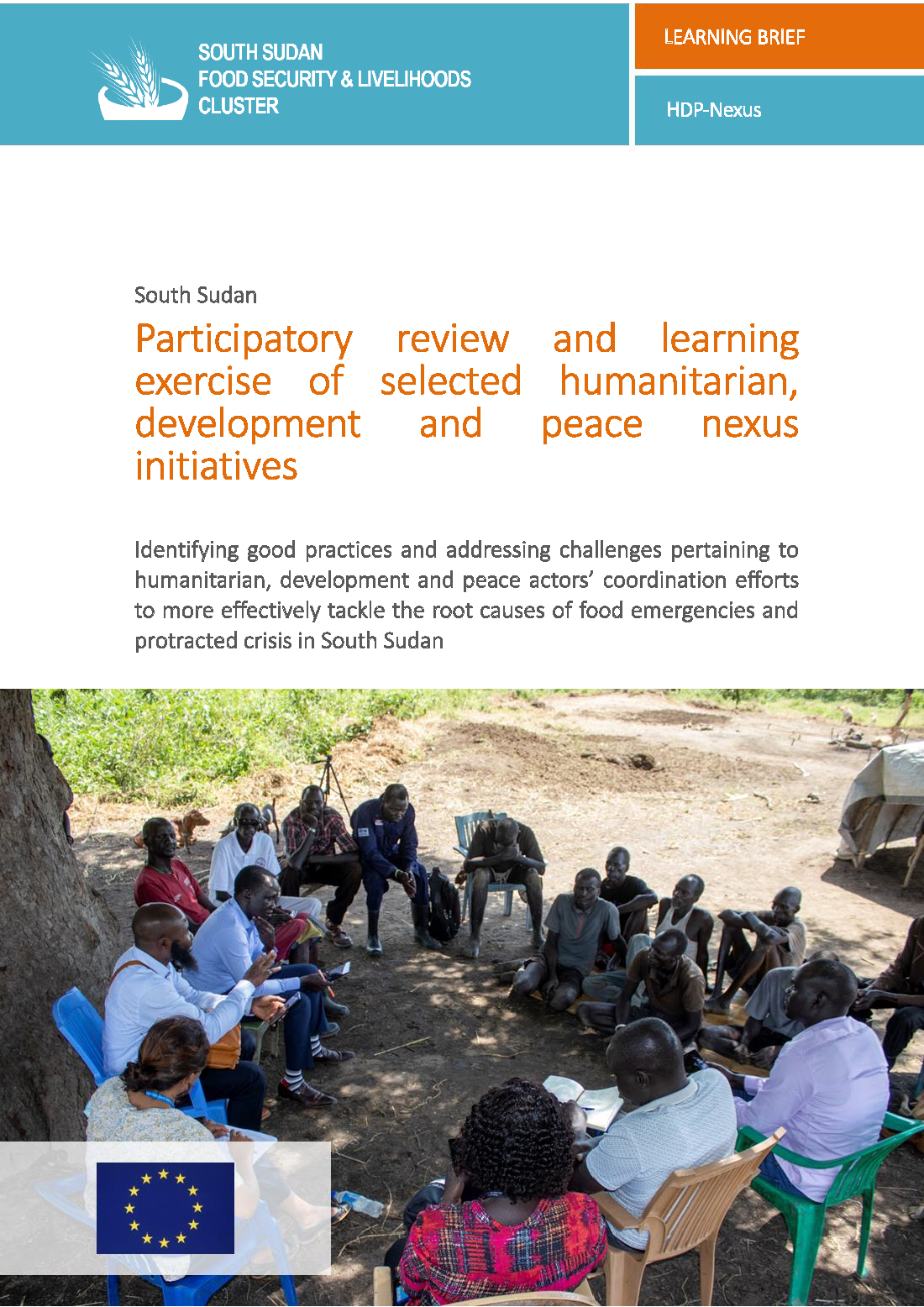Search Results
Refinement Period
Refinement Period In an R&I award, adaptation is meant to take place throughout the program cycle, but it begins with a refinement period of about 12 months. During this period, IPs do learning activities to refine their activity design and implementation plans. These activities can include things like community visioning, stakeholder consultations, formative research studies, and pilots. They are used to help RFSAs adapt their activity design. IPs also do other start-up activities like recruitment, office set-up, procurement, and training. They may also start implementing proven interventions that are adapted to their context. Click on each activity below for additionalImplementation (Years 2-5)
Implementation (Years 2-5) The implementation period typically covers years two through five of an R&I award. During this time, IPs carry out wide-scale implementation of their activity. They also continue to focus on adaptive learning and sustainability. Ongoing learning may include continuing to answer information gaps, getting input from stakeholders, adapting to the changing context, coordinating with other actors, and testing new ideas. They will also complete a midterm evaluation. Information from all of these activities is used to strengthen and tailor their programming. Attention to sustainability planning helps RFSAs plan a smooth handover and exit while maintaining the resultsRefine & Implement Toolkit
About R&I ‘Refine and Implement’ (R&I) is a model that is applied after resilience food security activities (RFSAs) are awarded by the Bureau for Humanitarian Assistance (BHA). The model aims to “enable implementing partners (IPs) to improve collaboration, activity design and focus, fit to context, and implementation planning in partnership with BHA.” During R&I, the activity engages in a ‘refinement period’ prior to full implementation. During this period, implementing partners (IPs) refine the activity design based on evidence, community consultations and visioning processes, and stakeholder input. IPs also invest in staff development and tailor implementation strategies to the local norms
Building Capital in Crisis
Authors:
CARE
Sector Type:
Resilience and Disaster Risk Reduction |
Emergency Response
Year Published:
2023
Market Systems Symposium 2023
The Market Systems Symposium 2023 (MSS) will convene practitioners of market systems development from around the world tio explore cutting-edge research, innovative strategies, and real-world application in this dynamic and engaging forum. Given the significant impact of climate change, conflict, and food insecurity on our world today, the core themes for the conference are climate change and adaptation, conflict-affected contexts, and food security and food systems. Considerations that will be focused on across each of these core themes are: Household and market systems resilience Financial market systems Migration and urbanization Water and energy systems Trade Join to explore innovative solutions
Layering Cash Into Market Systems Programs: Catalyzing Market-Driven Recovery in Nigeria
Authors:
Mercy Corps, Feed the Future Nigeria Rural Resilience Activity
Sector Type:
Cash & Voucher Assistance (CVA) |
Emergency Response
Year Published:
2023

Participatory Review and Learning Exercise of Selected Humanitarian, Development, and Peace Nexus Initiatives
Authors:
South Sudan Food Security & Livelihoods Cluster
Sector Type:
Resilience and Disaster Risk Reduction |
Social Cohesion |
Emergency Response
Year Published:
2023